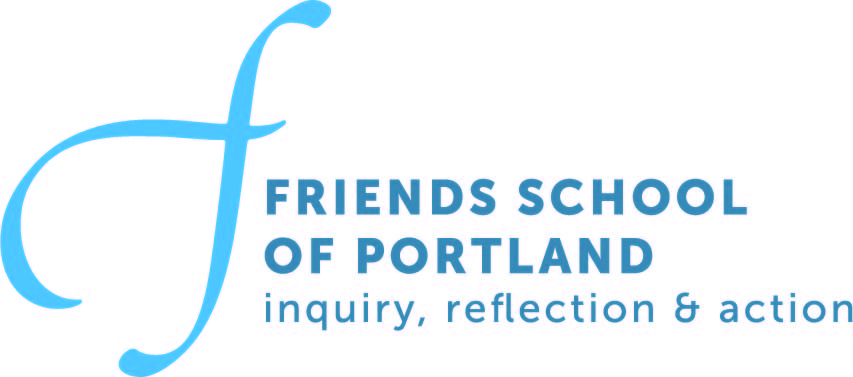Grade 3-4
• Year 1 Essential Question: How do borders and boundaries affect people, communities, and the earth?
• Year 2: How do living things change and adapt?
• 40 minutes of outdoor recess each day
What adventuresome souls these students are! Fluent reading and writing and mastery of basic number sense means that third- and fourth-graders are ready to wade into complex, multi-disciplinary projects while they continue to build foundational skills. Their days include field studies and field trips, experiments, plays, art, and much outdoor time. Third and fourth graders usually participate in an overnight trip at some point during the year.
Using language to manage conflict, balancing competition with teamwork, self-advocacy, and perspective-taking are important social-emotional emphases. Students work on these skills throughout the day, with special attention during weekly ConnectEd classes.
Students continue working on fluency and mechanics in reading, writing, and math, and they begin to practice those skills in context––writing plays and essays, solving multi-step open-ended math problems using all four operations, engaging in group-work, and preparing oral and artistic presentations are all a central part of the 3-4 experience. Students begin working with both cursive and with typing, word processing, and simple internet research. These students have their first experience with limited weekly homework assignments, affording them experience managing simple deadlines and establishing homework routines.
In art class, students are working toward increasing choice and independence with more complex materials and techniques, culminating in open-studio days. Students make connections between mentor artwork and their own work, and they begin to reflect on and critique their work.
Students continue to work on notes, rhythm, reading, and musicianship through singing and beginning study of the ukulele during music class.
Third and fourth graders begin their study of Spanish with games, cultural studies, songs, and vocabulary work.
In physical education, students develop skills, strength, and stamina, but teamwork, cooperation, leadership, and the ability to enjoy losing as well as winning are key emphases.

